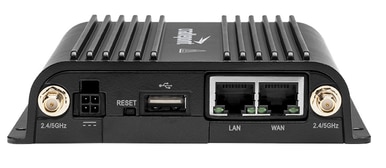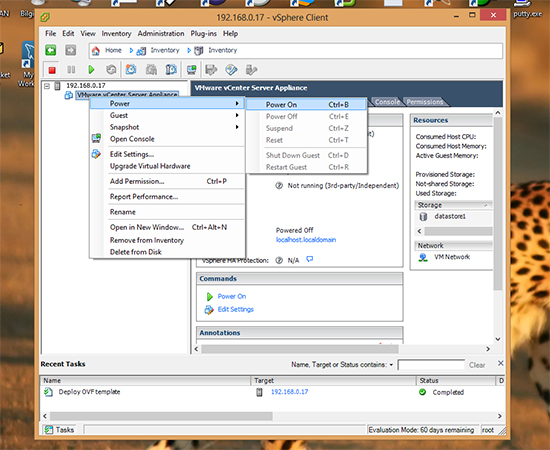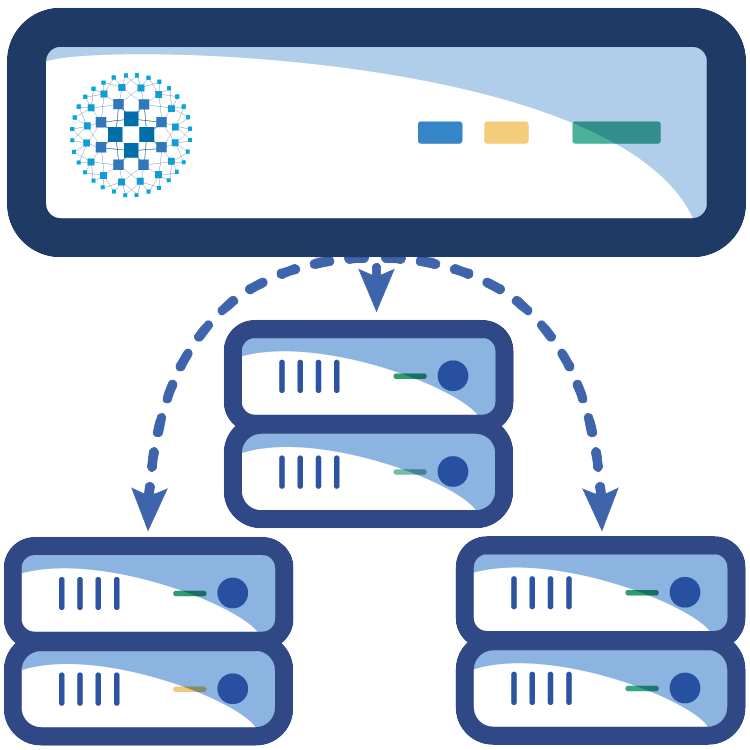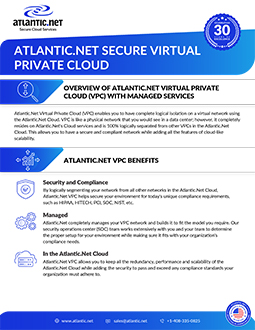

The specified FQDNs in your rule collections are translated to IP addresses based on your firewall DNS settings. You can use fully qualified domain names (FQDNs) in network rules based on DNS resolution in Azure Firewall and Firewall Policy. To learn more, see Using Azure Firewall as DNS Forwarder with Private Link. The virtual network where the Azure Firewall resides must be linked to the Azure Private Zone. Learn more about Custom DNS, see Azure Firewall DNS settings.Īzure Firewall can also resolve names using Azure Private DNS. You may configure a single DNS server or multiple servers in Azure Firewall and Firewall Policy DNS settings. Custom DNSĬustom DNS allows you to configure Azure Firewall to use your own DNS server, while ensuring the firewall outbound dependencies are still resolved with Azure DNS. To learn more about DNS proxy, see Azure Firewall DNS settings. You can enable DNS proxy in Azure Firewall and Firewall Policy settings. This functionality is crucial and required to have reliable FQDN filtering in network rules. With DNS proxy enabled, Azure Firewall can process and forward DNS queries from a Virtual Network(s) to your desired DNS server. The IP addresses and domains are sourced from the Microsoft Threat Intelligence feed.

Threat intelligence-based filtering can be enabled for your firewall to alert and deny traffic from/to known malicious IP addresses and domains. Microsoft manages the address prefixes encompassed by the service tag, and automatically updates the service tag as addresses change. You can't create your own service tag, nor specify which IP addresses are included within a tag. Service tagsĪ service tag represents a group of IP address prefixes to help minimize complexity for security rule creation.
#Vm appliance to monitor internet uptime update
Now network traffic from Windows Update can flow through your firewall. You create an application rule and include the Windows Update tag. For example, say you want to allow Windows Update network traffic through your firewall. FQDN tagsįQDN tags make it easy for you to allow well-known Azure service network traffic through your firewall.

Layer 3 IP protocols can be filtered by selecting Any protocol in the Network rule and select the wild-card * for the port.

Rules are enforced and logged across multiple subscriptions and virtual networks.Īzure Firewall supports stateful filtering of Layer 3 and Layer 4 network protocols. Azure Firewall is fully stateful, so it can distinguish legitimate packets for different types of connections. You can centrally create allow or deny network filtering rules by source and destination IP address, port, and protocol. This feature doesn't require TLS termination. You can limit outbound HTTP/S traffic or Azure SQL traffic to a specified list of fully qualified domain names (FQDN) including wild cards. Unrestricted cloud scalabilityĪzure Firewall can scale out as much as you need to accommodate changing network traffic flows, so you don't need to budget for your peak traffic. You can't configure an existing firewall to include Availability Zones.įor more information about Availability Zones, see Regions and Availability Zones in Azure. For more information, see Regions that support Availability Zones in AzureĪvailability Zones can only be configured during deployment. For more information, see Bandwidth pricing details.Īzure Firewall Availability Zones are available in regions that support Availability Zones. However, there are added costs for inbound and outbound data transfers associated with Availability Zones. There's no additional cost for a firewall deployed in more than one Availability Zone. You can also associate Azure Firewall to a specific zone just for proximity reasons, using the service standard 99.95% SLA. The 99.99% uptime SLA is offered when two or more Availability Zones are selected. For more information, see the Azure Firewall Service Level Agreement (SLA). With Availability Zones, your availability increases to 99.99% uptime. Availability ZonesĪzure Firewall can be configured during deployment to span multiple Availability Zones for increased availability. High availability is built in, so no extra load balancers are required and there's nothing you need to configure. Deployment without public IP address in Forced Tunnel Mode.Azure Firewall Standard is a managed, cloud-based network security service that protects your Azure Virtual Network resources.Īzure Firewall includes the following features:


 0 kommentar(er)
0 kommentar(er)
